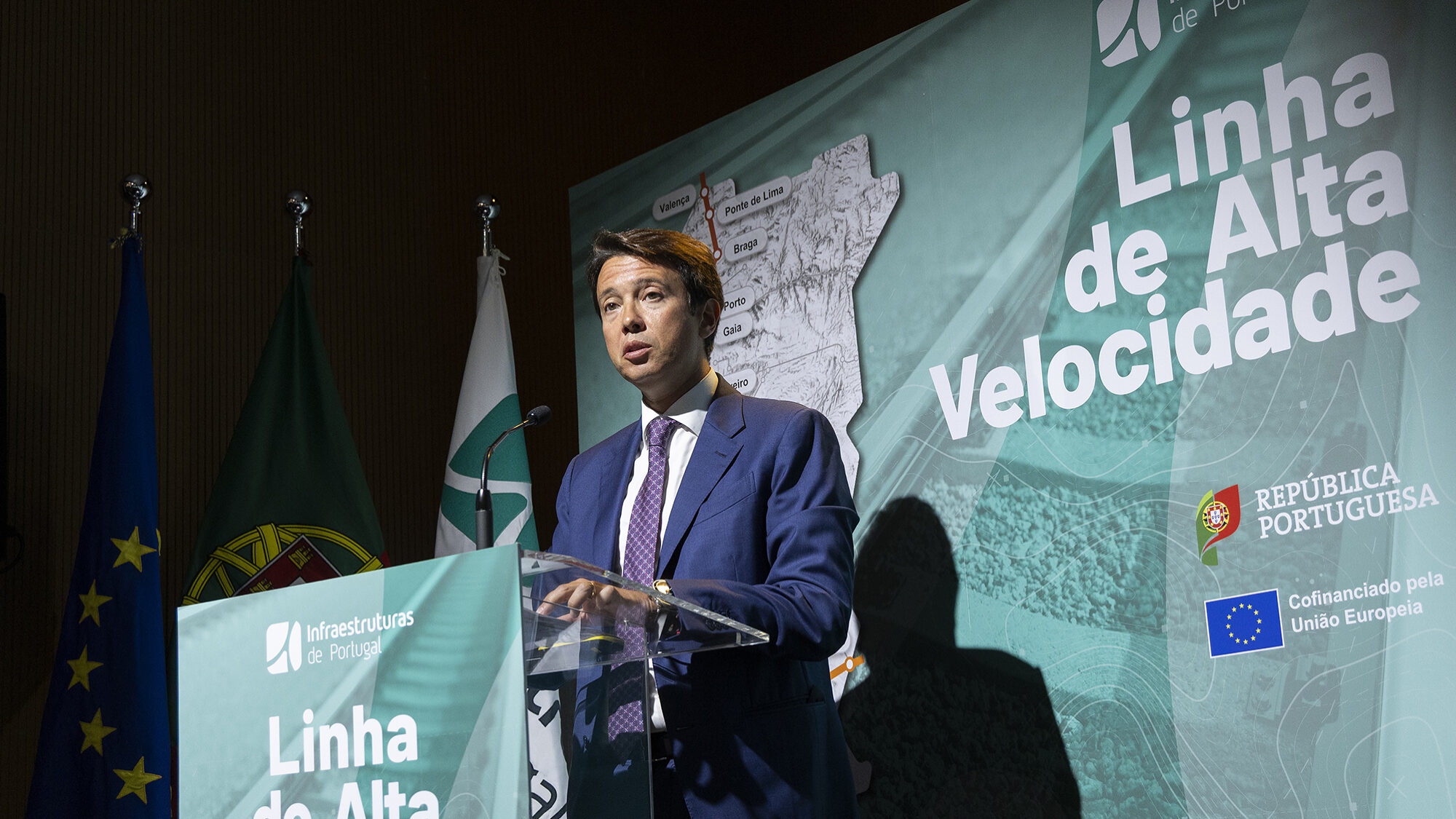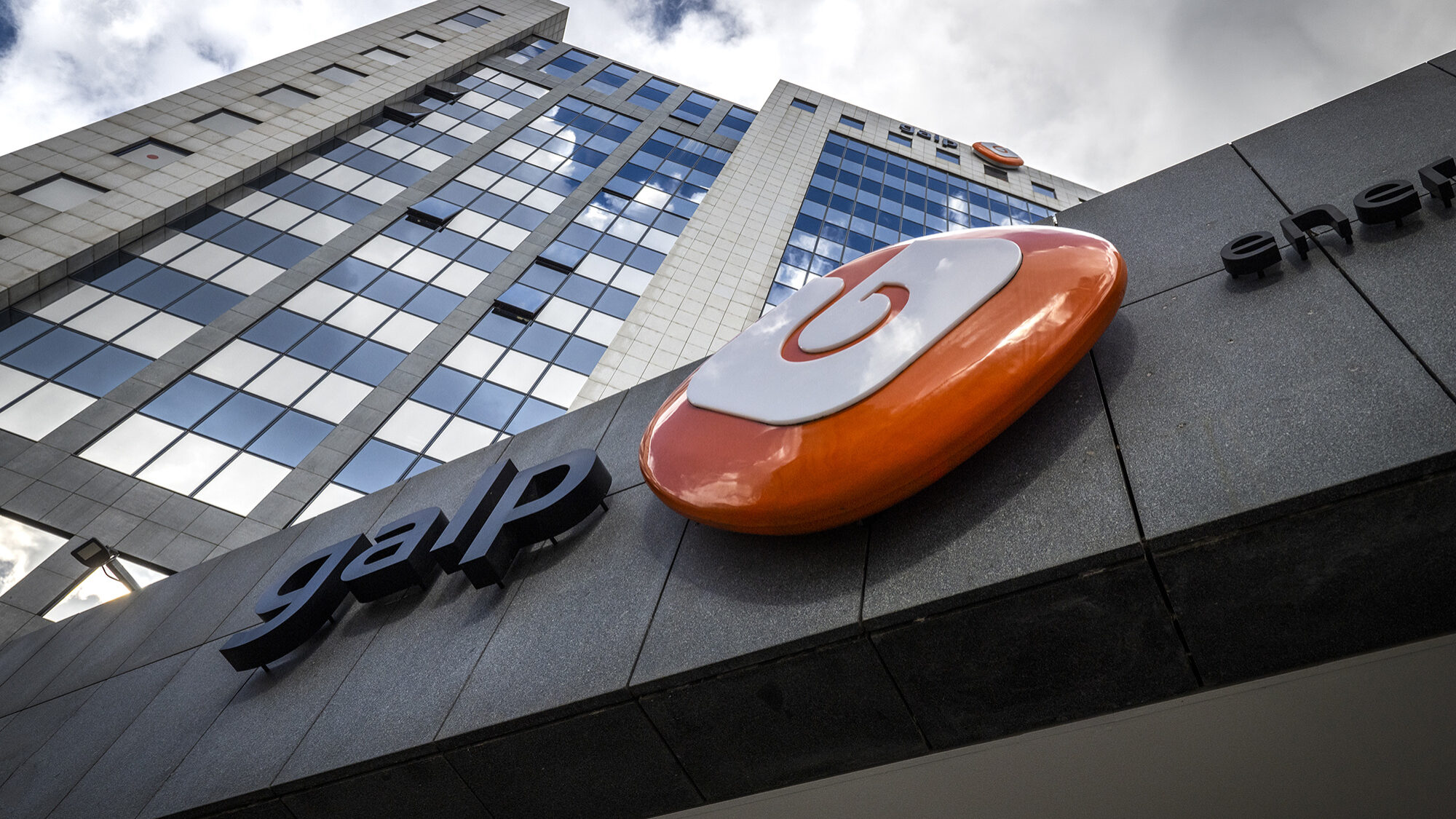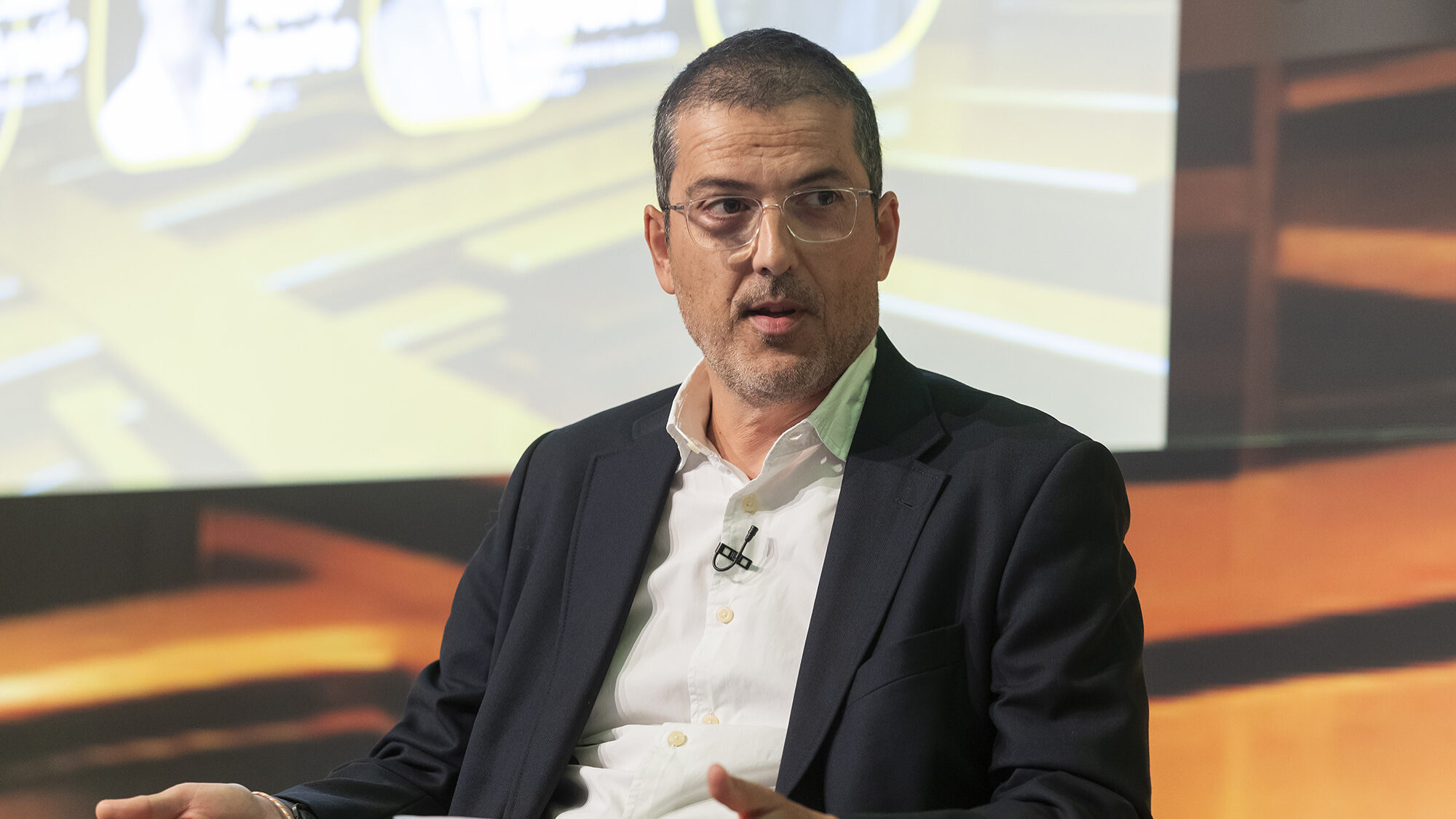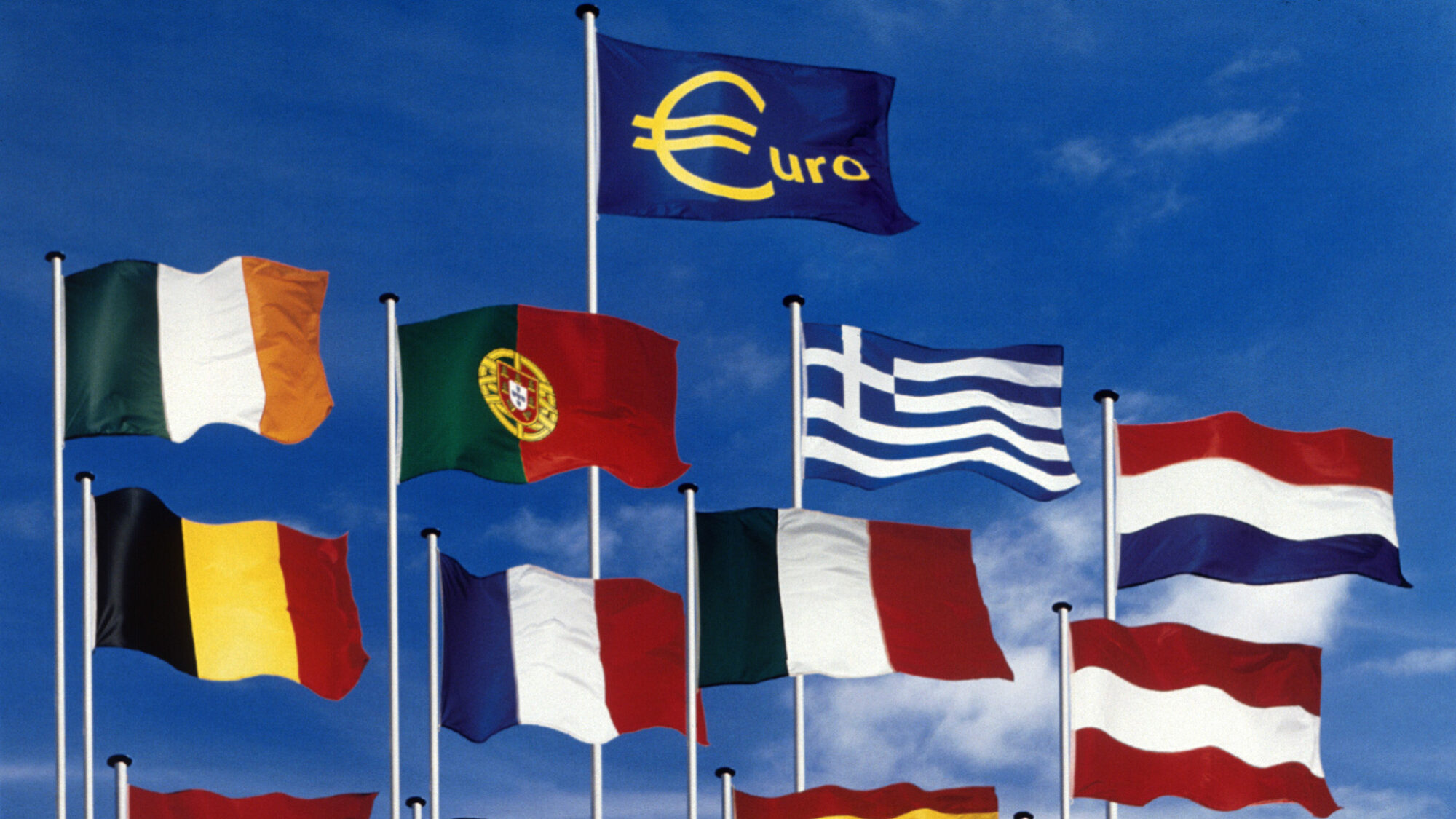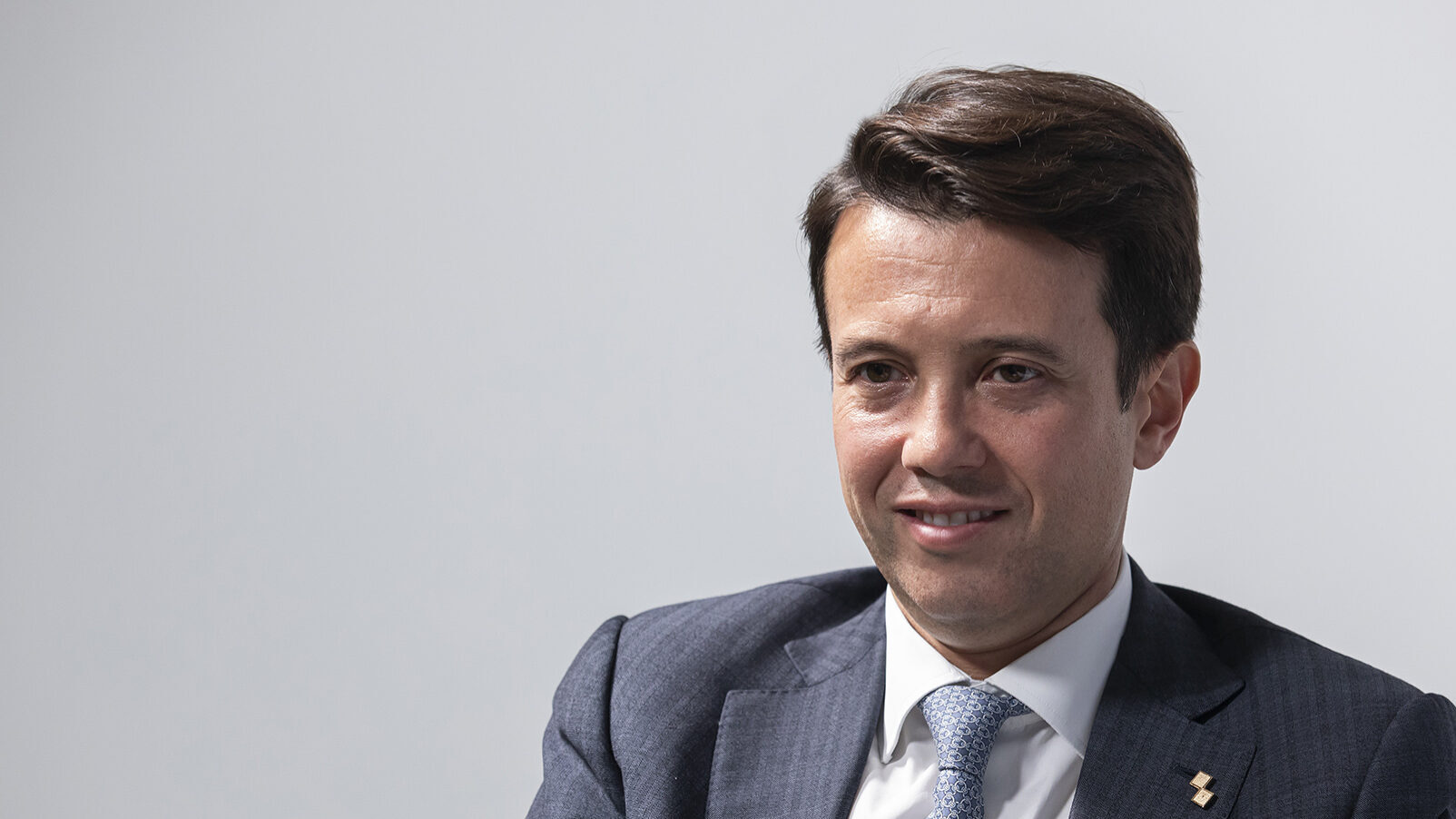Bosch factories in Portugal “strangled” by chip shortage caused by Dutch taking chips from Chinese
Volkswagen in Germany says "short-term effects on production cannot be ruled out". Bosch is a supplier to Autoeuropa. Palmela factory has no plans to halt production.
Bosch is in “close” contact with Nexperia, the Chinese chip manufacturer taken over by the Dutch government, to halt production restrictions, an official company source told ECO. “We hope for a quick resolution between the parties involved, which will help alleviate the current bottleneck”, the source added.
There is a dispute with chip manufacturer Nexperia, which is a subsidiary of China’s Wingtech. On 30 September, the Dutch government took control of the company, citing concerns about intellectual property. In response, Beijing banned exports of the company’s finished products. Although not sophisticated, Nexperia’s chips are widely used in cars, so this ban is raising concerns about possible disruptions to car production at Volkswagen and BMW, which are among the manufacturers that use the company’s chips.
Bosch is another of the company’s customers, using its chips for automotive parts. When asked by ECO whether it was under pressure in terms of production and whether there was a risk of factory shutdowns, an official source said that “teams of specialists are in close contact with Nexperia”, one of its “electronic component suppliers, as well as with other affected suppliers, sub-suppliers and customers, to prevent any production restrictions or keep them to a minimum”.
“Like other Nexperia customers, we also face significant challenges due to the current situation. We therefore hope for a quick resolution between the parties involved, which will help to alleviate the current bottleneck”, added the same source, noting that “in general, changes in foreign trade policy often have an impact on Bosch’s business as a global company, which is linked to various suppliers and business partners around the world.” “We therefore continuously monitor market developments and adapt to changes in circumstances in a timely manner”, he added.
Bosch supplies components and chips to the automotive industry, including Autoeuropa.
ECO asked Autoeuropa if it had planned any production stoppages due to difficulties in chip supplies, but an official source at the Palmela factory assured us that no stoppages are planned for now, although it is monitoring the situation in the Netherlands.
A Volkswagen spokesperson told CNBC that, “given the evolving circumstances, short-term effects on production cannot be ruled out”. Although Nexperia is not a direct supplier to the company, some parts from the Chinese manufacturer are used in vehicle components supplied by Volkswagen’s direct partners.
“We are in close contact with all relevant stakeholders, considering the current situation, to identify potential risks at an early stage and to be able to make decisions on any necessary measures”, said the same spokesperson, stressing that the company’s production has not been affected for the time being. However, investors are already penalising the company on the stock market: shares closed down 2.17% in Frankfurt on Wednesday.
On Friday, Volkswagen in Germany announced a halt in production of two models — the Golf and Tiguan — but denied any connection to pressure on supply chains exerted by chip manufacturer Nexperia, Reuters reported. A spokesperson for the German company told the news agency that the production breaks for the models had been “planned for a long time” and were justified by the need to deal with stock issues, coinciding with the autumn holidays. The news was first reported by the German newspaper Bild, citing sources in the supplier network, who linked the stoppage at the Wolfsburg factory next Wednesday to a shortage of chips. Production at other factories will also be gradually affected.
On Friday, Volkswagen in Germany announced a halt in production of two models — the Golf and Tiguan — but denied any connection to pressure on supply chains exerted by chip manufacturer Nexperia, Reuters reported. A spokesperson for the German company told the news agency that the production breaks for the models had been “planned for a long time” and were justified by the need to deal with stock issues, coinciding with the autumn holidays. The news was first reported by the German newspaper Bild, citing sources in the supplier network, who linked the stoppage at the Wolfsburg factory next Wednesday to a shortage of chips. Production at other factories will also be gradually affected.
The German government is concerned about possible difficulties in the chip supply chain for the German automotive sector and on Wednesday revealed that it is in negotiations with all parties involved to find a solution. “We are in close contact with all parties involved: with industry, with our European partners, with the European Commission and also with the Chinese government”, said a spokesperson for Friedrich Merz’s executive at a press conference. “We are concerned about the possibility of potential difficulties in the supply chain. After all, chips are indispensable in modern products, so this could have major repercussions. We are holding intensive talks on this issue and looking for solutions”, he added.
The German Association of the Automotive Industry has also warned that the dispute between China and the Netherlands involving Nexperia could result in “significant production restrictions in the near future” if the disruption in chip supplies is not resolved quickly.
